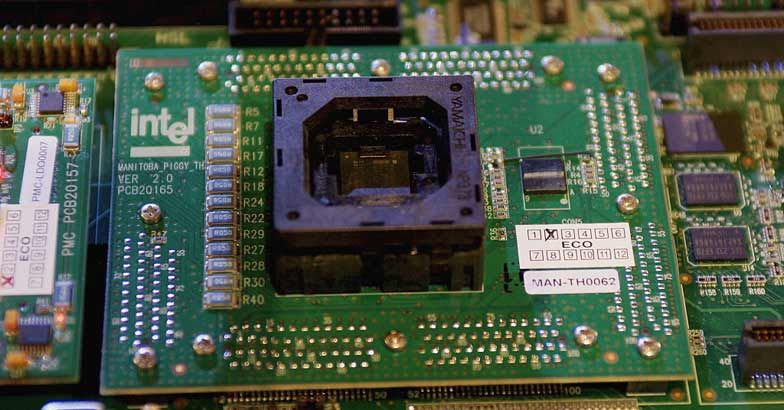Befogged by dual-core, quad-core, hexa-core and octa-core processors during smartphone shopping? Well, you are not alone: processor lingo and jargon can baffle anyone. Here, let’s get you to speed on the basics of smartphone processors without making you curse yourself for not doing engineering.
What is a processor?
Processor is the brain of a smartphone. Present-day smartphones are nothing less than a mini-computer in your hand. It has telephonic functionalities in addition. It is the processor, which helps you dial a number, browse the Internet, use GPS, play games, take pictures or do any such functions with your smartphone.
GHz and Processor Power
The power of a processor is measured in gigahertz (GHz). This number indicates the number of clock beats per second. For example, a two GHz processor means its clock beats two billion times per second. Similarly, clock beats 1.8 billion times per second for a 1.8 GHzprocessor. Bigger the number, more powerful the processor is.
What’s a core?
A core is the basic computation unit of the CPU. It is that element, which reads and executes instructions. The history of cores dates back to single core processor. As time progressed, more cores were incorporated into a single device. A dual core stands for two cores in a single device while quad-core stands for four cores. Hexa core (six cores) and octa-core (eight cores) processors are more powerful processors. Quad-core and octa-core processors are widely used in smartphones these days.
Advantages of having multiple cores
More the number of cores, more efficient the processor is. An octa-core processor will perform better that a hexa-core, and a quad-core will outdo a dual-core processor. For multi-tasking, powerful processor is a must.
A powerful processor will load apps quickly. It also helps you browse faster. Your device won’t lag or take too long to respond even when playing games loaded with heavy animations and graphics, or when watching videos of higher resolutions. But there could be exceptions as well.
Cores and performance
 Samsung's latest flagship smartphones, the Galaxy S6 and the S6 Edge, feature Samsung's home-grown Exynos octa-core processor and 3 gigs of RAM, and with options available for 32, 64 and 128 gigs of storage. Photo: Getty images
Samsung's latest flagship smartphones, the Galaxy S6 and the S6 Edge, feature Samsung's home-grown Exynos octa-core processor and 3 gigs of RAM, and with options available for 32, 64 and 128 gigs of storage. Photo: Getty imagesBe warned of wrong consumption. It is wrong to think a quad core processor will perform twice faster than a dual core. Performance and speed never double in equal proportion to the cores. This is because all the cores are ‘not at work’ always. A single core may be enough to load a single app. Other cores will remain as standby until you open another app or use another functionality.
If the processor lacks multiple cores, the single core will be overburdened to do all the tasks. This will cause the system to get stuck. Multiple cores work well when you do multi-tasking. Probably you may have noticed smartphones with multi-core processors load multiple apps simultaneously, yet perform with ease. There are various other factors, which also affect the performance.
Other factors
Powerful processor alone will not give you better performance. RAM, graphics processing unit, WiFi antennas, and GPS among others also play key roles in performance. You will notice good performance only when all these work together as a single unit. So, consider these factors well when you buy a smartphone or tablet.
Final word
Think of processors as indicators of the phone’s capability. A smartphone’s functionality output will be proportionate to the power of its processor. Hence, choose wisely.

























 Intel demonstrates the all-in one smartphone Manitoba PXA800F chip that contains a processor, a digital signal processor, and flash memory. Photo: Getty Images
Intel demonstrates the all-in one smartphone Manitoba PXA800F chip that contains a processor, a digital signal processor, and flash memory. Photo: Getty Images